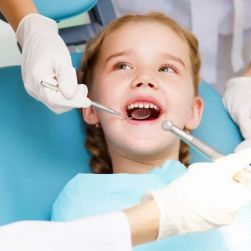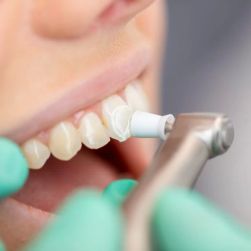What Dietary Changes Can Help Maintain Good Oral Health in Older Adults?
As we age, maintaining oral health becomes increasingly critical, especially when considering the specific nutritional needs of older adults. Several factors, such as medications and general health conditions, can influence oral health. Hence, an emphasis on dietary modifications can play a pivotal role in sustaining healthy teeth and gums. By integrating the right nutrients and avoiding harmful substances, older adults can enhance their oral health and overall well-being.
Prioritize Calcium and Vitamin D Intake
One of the core dietary changes older adults can make is to increase their intake of calcium and vitamin D. These nutrients are essential for maintaining bone density, and they are equally important for sustaining strong teeth and jawbones. Dairy products like milk, cheese, and yogurt are excellent sources of calcium. For those who are lactose intolerant, fortified plant-based milks or orange juice can serve as alternatives. Additionally, vitamin D can be sourced from fatty fish such as salmon or supplements recommended by healthcare providers. Research has shown that sufficient levels of these nutrients can significantly decrease the risk of periodontal disease and tooth loss in seniors.
Reduce Sugar and Acidic Foods
Sugar and acidic foods are well-known adversaries of oral health. As the mouth's natural ability to produce saliva decreases with age, the protective effect that saliva has against cavities is diminished. Hence, reducing sugar intake becomes imperative. Consuming fewer sugary snacks and beverages can greatly reduce the risk of tooth decay. Likewise, acidic foods and drinks, including citrus fruits and soda, can erode enamel, exacerbating tooth sensitivity. By moderating these elements in their diet, older adults can safeguard their teeth against decay and erosion.
Incorporate Fiber-Rich Foods
Fiber-rich foods like fruits, vegetables, and whole grains serve dual purposes: they are nutritious and they stimulate saliva flow. Saliva is crucial because it neutralizes acids produced by bacteria in the mouth and aids in cleansing away food particles. Crunchy fruits and vegetables, such as apples and carrots, are particularly beneficial as they not only provide essential nutrients but also have a natural abrasive effect that helps clean the teeth. By including these foods in their daily meals, older adults can naturally promote oral hygiene.
Stay Hydrated
Proper hydration is often overlooked, yet it is essential for maintaining saliva production and preventing dry mouth, a common issue in older adults. Drinking water regularly, especially fluoridated water, can provide additional protection against tooth decay. Additionally, reducing caffeine and alcohol intake, which can cause dehydration, will contribute to better hydration and oral health.
Limit Tobacco and Alcohol
Smoking and excessive alcohol consumption are habits known to adversely affect oral health. Older adults who smoke are at a higher risk for gum disease and oral cancers. Limiting or completely avoiding tobacco can improve gum health and overall oral hygiene. Similarly, moderation in alcohol consumption can prevent dry mouth and reduce the risk of oral cancers. Thus, older adults should be mindful of these habits to protect their oral health.
In conclusion, focusing on dietary changes is a fundamental step in enhancing oral health for older adults. By prioritizing nutrients like calcium and vitamin D, reducing sugar and acidic foods, incorporating fiber-rich foods, staying hydrated, and limiting harmful substances like tobacco and alcohol, seniors can better maintain their oral health. At Dentistry Toothtruth, we emphasize these lifestyle adjustments as critical components of comprehensive senior oral care. By taking action today, older adults can preserve their smiles and enjoy healthier lives.






